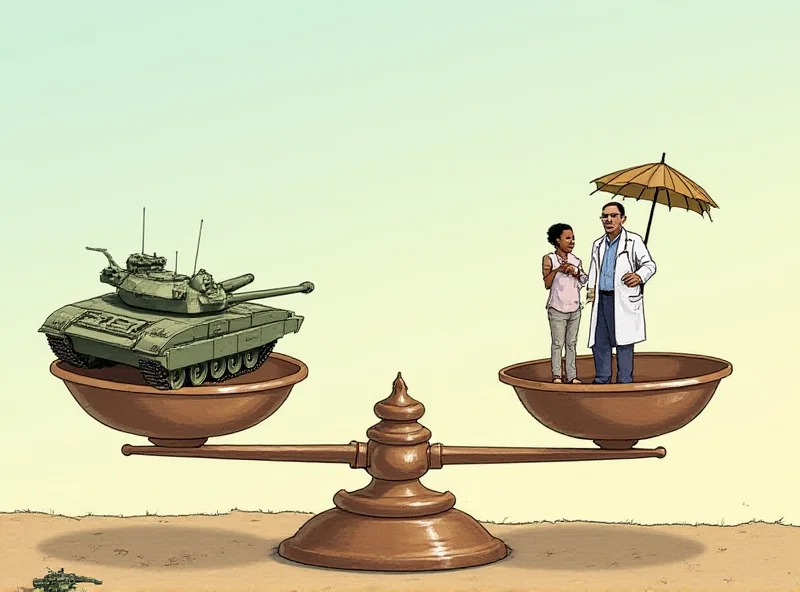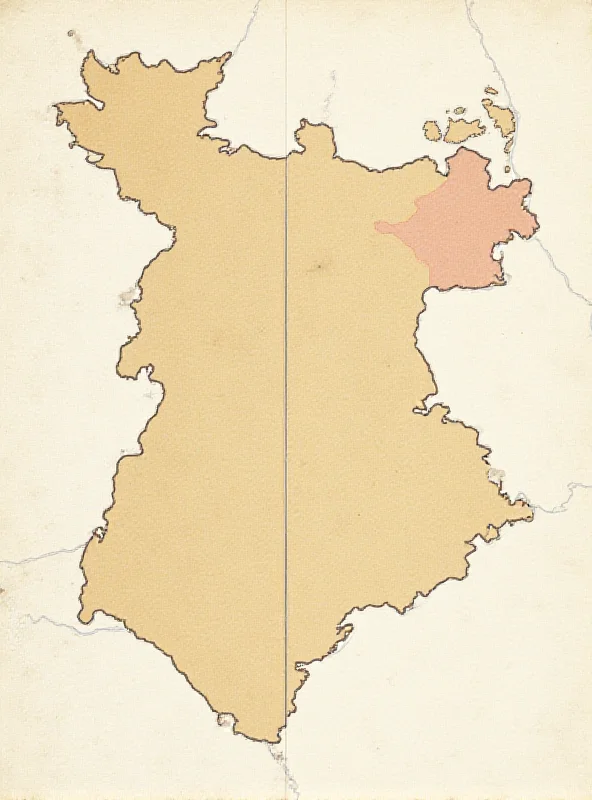This week has been marked by significant political developments, both in Europe and concerning global aid efforts. From the UK's controversial decision to cut its overseas aid budget to escalating tensions in Bosnia-Herzegovina, here's a rundown of the key stories.
UK Cuts Overseas Aid, Faces Backlash
Britain's commitment to international aid is under scrutiny following a decision to significantly reduce the overseas aid budget. Keir Starmer's move to divert funds to defence spending will see the UK's aid contribution drop to its lowest level in a generation, from 0.58% of national income to just 0.3%. In 2023, the UK spent £15.34bn on aid, a considerable portion of which went towards supporting refugees and asylum seekers within the country.

This decision has sparked widespread criticism. Cabinet ministers have voiced concerns about the potential loss of "soft power" and the risk of increased migration. Humanitarian organizations and aid agencies have warned of a "devastating" impact on the world's poorest populations. The last time the UK's aid contribution was below 0.3% was back in 1999, highlighting the severity of the current cuts.
“This cut represents a significant setback for global development and humanitarian efforts,” said a representative from a leading aid organization. “It will undoubtedly have severe consequences for vulnerable communities around the world.”
Bosnia-Herzegovina Faces Secessionist Threat
Meanwhile, in Bosnia-Herzegovina, political tensions are reaching a boiling point. Following a verdict against Serbian leader Milorad Dodik, the parliament in the Serb-dominated region is pushing for secession from the joint judicial system. This move aims to dismantle the central state's police and judiciary, further exacerbating existing political divisions.

The Bosnian-Serb Parliament's vote for secession from the joint judiciary system is being seen as a direct challenge to the stability and unity of Bosnia-Herzegovina. This action follows a verdict against Milorad Dodik, a prominent figure in the Serbian region, and is widely interpreted as a move to undermine the authority of the central government.
Non-Binary Recognition Denied in UK Court
In other news, an American individual has lost a legal appeal in the UK seeking recognition as legally non-binary. Lord Justice Singh, presiding over the case, stated that the issue is "better suited to resolution in Parliament than the courts." This decision leaves the legal status of non-binary individuals in the UK unchanged, highlighting the ongoing debate surrounding gender recognition laws.

The court's decision underscores the complexities surrounding legal recognition of gender identities beyond the traditional binary. While advocacy groups continue to push for legislative changes, the current legal framework in the UK does not provide for legal recognition of non-binary individuals.
These developments highlight the complex and often intertwined nature of domestic and international politics, with decisions made in one country having far-reaching consequences for others.
